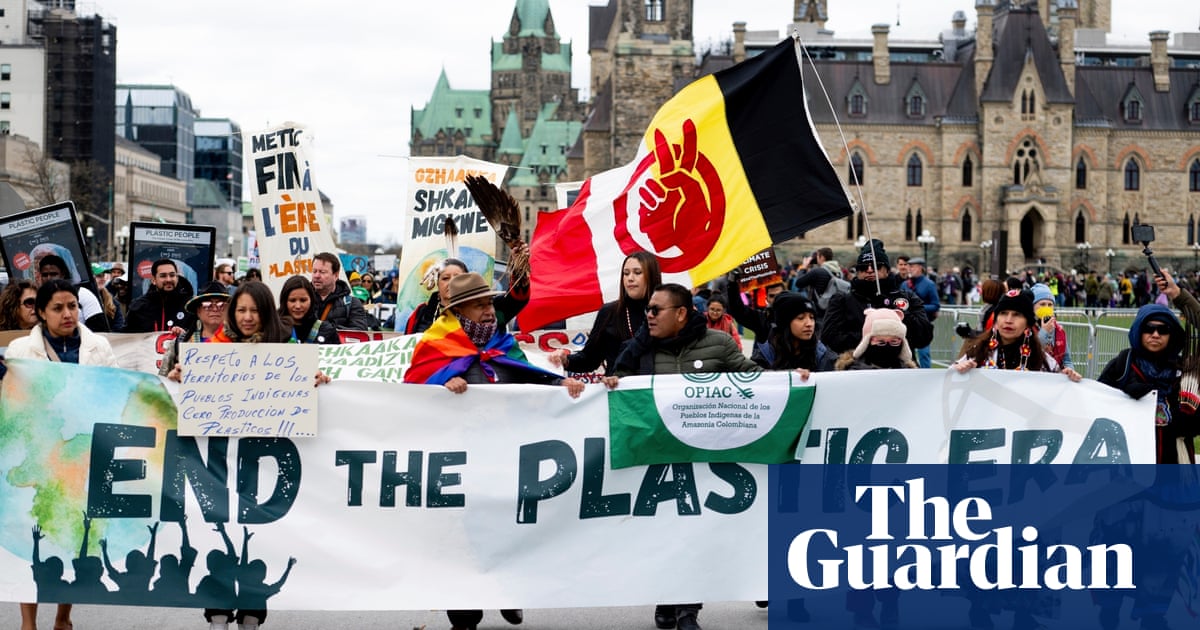
As the world grapples with the escalating issue of plastic pollution, UN talks are underway in Ottawa, Canada to draft a global treaty aimed at reducing this environmental scourge. Thousands of negotiators and observers from most nations are participating in these negotiations.
According to the United Nations Environment Programme (UNEP), 2000 garbage trucks full of plastic waste are dumped into oceans, rivers, and lakes every day. The production of plastic is projected to double or triple by 2050 if no action is taken, leading to increased greenhouse gas emissions and potentially consuming up to 26% of the remaining global carbon budget.
Negotiators must decide on the scope of this treaty, which could include elements such as human health and environmental protection, limiting plastic production, restricting certain chemicals used in plastics, or a combination thereof. In March 2022, 175 nations agreed to make the first legally-binding treaty on plastics pollution by the end of 2024.
However, major challenges lie ahead. Fossil fuels are the primary source of plastic production, and as pressure to reduce fossil fuel usage increases, oil and gas companies are looking towards plastics as a potential growing market. The largest challenge for negotiations is that major oil-producing countries do not want a treaty that limits their ability to extract and export fossil fuels for plastic production.
Two main camps have emerged in these negotiations: Global South nations and public health/environmental campaigners, who advocate for a gradual phaseout of single-use plastics and an end to the production of harmful forms linked to disruptions in the human body and environment; versus plastics producers and major oil producers.
The UN talks are expected to continue over the coming days as negotiators work towards a comprehensive agreement on reducing plastic pollution.
